Researchers
Project leader
Professor Anna Sivula:
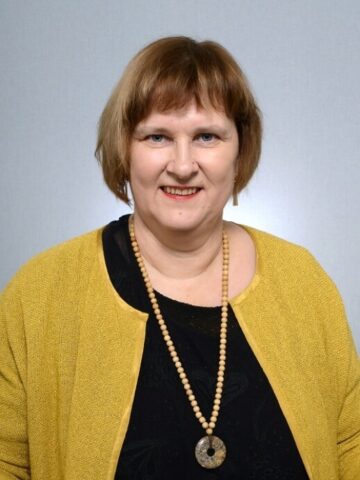
Anna Sivula, PI of the project, is a professor of cultural heritage studies and a historian specialising in historiography. She has studied the methodological heritage of historiography, the formation of industrial heritage and different heritage communities. Sivula has written on local history, led several community-based commissioned history projects and served as Director of the Department of History, Culture and Arts Studies at the University of Turku.
Sivula leads the project and investigates the historiographical heritage process of winter and the culture of anticipatory mourning associated with the changing winters.
Researchers
Simo Laakkonen:
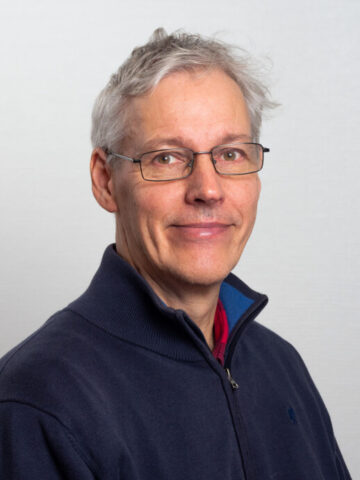
Simo Laakkonen (D.Soc.Sc) is Lecturer in Landscape Studies at the University of Turku and Associate Professor of Economic and Social History at the University of Helsinki. His main research interests include the natural and environmental history of Helsinki and other Finnish cities, the international environmental history of pollution and protection of the Baltic Sea, and the global environmental history of World War II and the Cold War.
Laakkonen is fascinated by winter’s place as a link between weather and climate. Another area of interest is the future history of the planet: is the climate predicted to get colder or warmer throughout history? Laakkonen is the main designer of the project and coordinates the research activities.
Saara Matala:
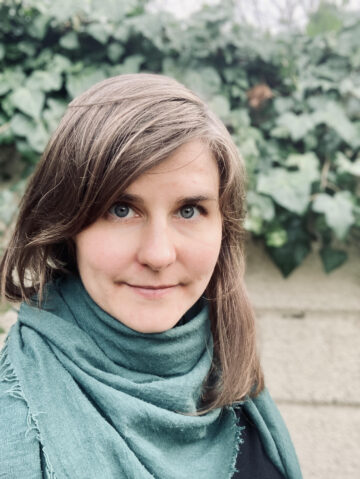 Saara Matala (PhD) is a historian specializing in engineering, economics and politics at Chalmers University of Technology. She has done extensive research on the development of Finnish shipbuilding industry, the oil economy and trade in the 20th century. She approaches the history of winter through winter shipping: how have technological, scientific and economic developments from the 19th century to the 20th century influenced the development of a winter shipping system in the Baltic Sea? Matala has published historical research, especially on icebreaking, in Finnish and English in journals such as Technology and Culture, History and Technology, International Journal of Maritime History, and Tekniikan Waiheita.
Saara Matala (PhD) is a historian specializing in engineering, economics and politics at Chalmers University of Technology. She has done extensive research on the development of Finnish shipbuilding industry, the oil economy and trade in the 20th century. She approaches the history of winter through winter shipping: how have technological, scientific and economic developments from the 19th century to the 20th century influenced the development of a winter shipping system in the Baltic Sea? Matala has published historical research, especially on icebreaking, in Finnish and English in journals such as Technology and Culture, History and Technology, International Journal of Maritime History, and Tekniikan Waiheita.
In the project, Matala is leading the part of the project focusing on the ideological, technological and economic developments in winter shipping and their crucial impact for the port communities.
Petri Talvitie:
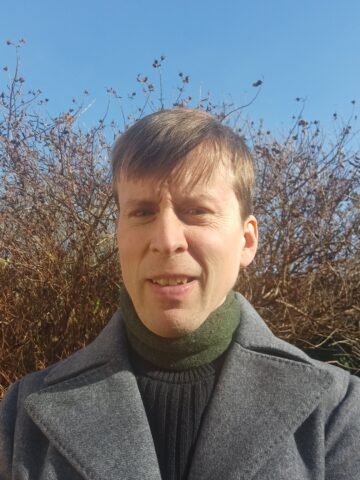 Petri Talvitie (Phd) is currently a researcher at the Department of Economic and Social History at the University of Helsinki. His research interests are related to the long-term history of agriculture, land ownership and labour in Finland. He has published on topics such as the land reforms, the history of state formation, the criminality of the military population and small Finnish towns in the 19th century. His current project, funded by the Academy of Finland, examines the growth of inequality in the eastern Finnish countryside in the 19th century. In the Winter History project, Talvitie is leading the part of the project on the modernising countryside, looking in particular at the causes and consequences of winter unemployment in the Finnish countryside in the 19th and 20th centuries.
Petri Talvitie (Phd) is currently a researcher at the Department of Economic and Social History at the University of Helsinki. His research interests are related to the long-term history of agriculture, land ownership and labour in Finland. He has published on topics such as the land reforms, the history of state formation, the criminality of the military population and small Finnish towns in the 19th century. His current project, funded by the Academy of Finland, examines the growth of inequality in the eastern Finnish countryside in the 19th century. In the Winter History project, Talvitie is leading the part of the project on the modernising countryside, looking in particular at the causes and consequences of winter unemployment in the Finnish countryside in the 19th and 20th centuries.
Tanja Riekkinen:
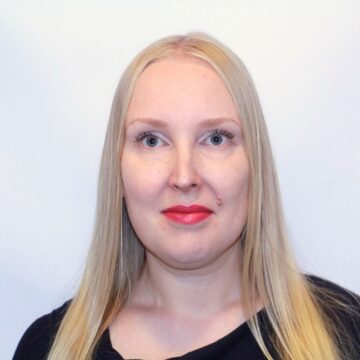 Tanja Riekkinen (MA) is a PhD student in History. Her doctoral dissertation Oil for the Common Good: The Role and Formation of Sociotechnical Imaginaries During the Energy Transition to Finnish Petroculture, 1949–1973 contributes to research on the history of oil, energy transitions, and sociotechnical imaginaries (STIs). Riekkinen has been an active member of the European Society for Environmental History’s Next Generation Action Team (NEXTGATe) since 2021. She was a visiting PhD student at the Division of History of Science, Technology and the Environment at KTH Kungliga Tekniska Högskolan in Stockholm in September 2022.
Tanja Riekkinen (MA) is a PhD student in History. Her doctoral dissertation Oil for the Common Good: The Role and Formation of Sociotechnical Imaginaries During the Energy Transition to Finnish Petroculture, 1949–1973 contributes to research on the history of oil, energy transitions, and sociotechnical imaginaries (STIs). Riekkinen has been an active member of the European Society for Environmental History’s Next Generation Action Team (NEXTGATe) since 2021. She was a visiting PhD student at the Division of History of Science, Technology and the Environment at KTH Kungliga Tekniska Högskolan in Stockholm in September 2022.
In the History of Winter project, she contributes to the Work Package 3: Cooling and Warming Cities. Riekkinen and Laakkonen will explore the long-term history of space heating in Finland, examining how the country transitioned from a preindustrial society, characterized by alternating temperatures and darkness, into an industrial society with more stable indoor temperatures and increased light. They will also investigate how these developments gradually began to affect the climate. Additionally, the research will address how people from different socio-economic backgrounds experienced cold.
Janne Mäkiranta:
Janne Mäkiranta (Phd) is a historian specialising in the history of science and the environment. A central theme in Mäkiranta’s research is the role of scientific expertise in the modernization of society and changes in environmental relations. His research has addressed industrial and urban health problems, the rationalization of livestock farming and animal insurance. Mäkiranta has also written on ignorance as an object of historical research. His interest in climate and weather history began with a masters thesis on the controversy caused by the first meteorological weather forecasts in 19th century Britain. His attention was diverted to air pollution, which he examined in his Phd thesis “Clarifying the air: Finnish air pollution experts and the international quest for safe air, 1940s-1970s”, but the interest in weather continues in Mäkiranta’s post-doctoral research project “Towards a weatherproof society. Meteorology and modern society’s struggle to tame the weather in Finland 1860-1960”, which began in 2024 with support from the Kone Foundation.
Mäkiranta has been designing the project from the beginning and in it he studies the changing significance of winter in rural industrializing Finland, with a special focus on livestock and farm animals. Mäkiranta will also examine the history winter and seasonality from a conceptual and theoretical perspective as part of humanistic climate studies.
Rami Mähkä:
 Rami Mähkä is a lecturer in Digital Culture and Associate Professor of Cultural Studies at the University of Turku. His research interests include film, television and popular music, cultural history and popular culture, with a particular focus on comedy and humor. In the project, he approaches winter from the perspective of artificial snow and ice.
Rami Mähkä is a lecturer in Digital Culture and Associate Professor of Cultural Studies at the University of Turku. His research interests include film, television and popular music, cultural history and popular culture, with a particular focus on comedy and humor. In the project, he approaches winter from the perspective of artificial snow and ice.
Research assistant
FK Niko Hakkarainen
Niko Hakkarainen is working as a research assistant in Saara Matala’s research on the ideological, technological and economic developments in winter shipping and their crucial impact for the port communities.